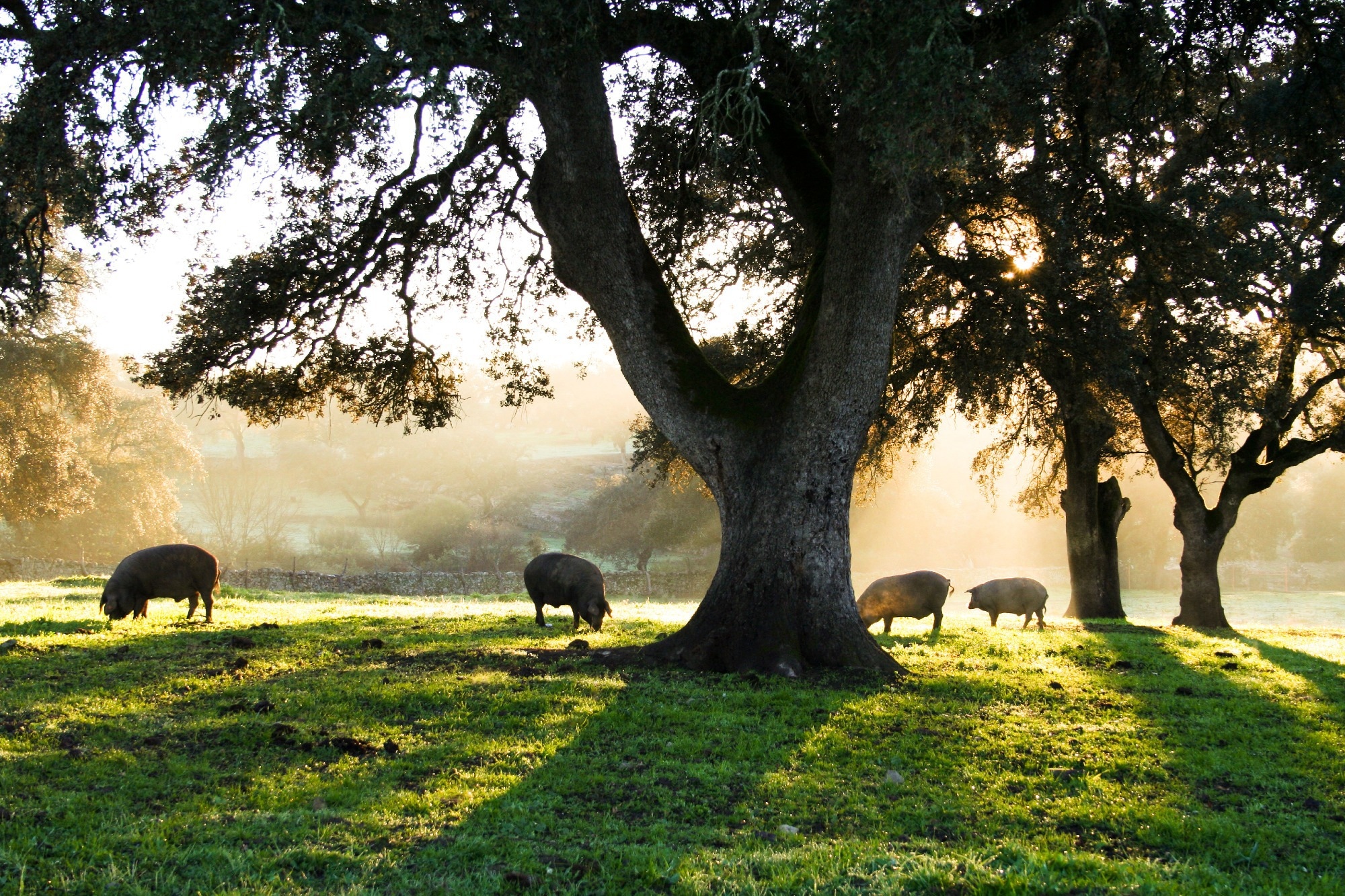ITensions are growing in the conflict between Armenia and Azerbaijan. Since Monday, Azerbaijanis posing as environmental activists, with apparent support from the Azerbaijani government, have been blocking the only access road to the Armenian-inhabited region of Nagorno Karabakh. Neither people nor food transports are allowed through. The region, which is part of Azerbaijan under international law, has been cut off from gas supplies since Tuesday. On Thursday, Armenia and Azerbaijan accused each other of shelling enemy positions. There were no reports of casualties.
UN Secretary-General António Guterres called on the parties to the conflict to de-escalate on Thursday. They should respect the agreements on freedom of movement between Karabakh and Armenia. The EU had already expressed concern on Tuesday. It has maintained an observer mission on the border between Armenia and Azerbaijan since the end of October. It was set up after around 200 Armenian and around 80 Azerbaijani soldiers were killed in mid-September in fighting – presumably started by Azerbaijan – on the border between the two states.
EU is trying to reach a peace agreement
The conflict between Armenia and Azerbaijan over Nagorno Karabakh began in the late 1980s when both countries were republics of the Soviet Union. At that time, the majority of Armenian residents of Karabakh demanded that the area belonging to Azerbaijan be annexed to Armenia. The Karabakh-Armenians emerged victorious from a war in the early 1990s; they then occupied several provinces inhabited by Azerbaijanis, including those lying between Armenia and Karabakh. The Azerbaijanis living there fled or were expelled. Two years ago, Azerbaijan recaptured these territories and occupied parts of Karabakh. The 44-day war ended on November 9, 2020 with an agreement brokered by Russian President Vladimir Putin. The ceasefire is being monitored by Russian troops.
They are also supposed to secure the now blocked connection between Armenia and Nagornyi Karabakh via the Lachin Corridor, which is only a few kilometers wide. According to reports from the region, Russian soldiers are at the site of the current road blockade, but are not intervening. Armenia, which belongs to the Russian-led defense alliance ODKB, complained about a lack of Russian support during the war two years ago. At the alliance’s summit meeting in the Armenian capital Yerevan at the end of November, Armenian Prime Minister Nikol Pashinyan regretted that the lack of support for Armenia meant “damage to the image” of the alliance.

Since Monday, Azerbaijanis posing as environmental activists have been blocking the only access to the Nagorno Karabakh region, inhabited by Armenians.
:
Image: Picture Alliance
The EU is currently trying to mediate a peace agreement between Armenia and Azerbaijan. The Armenian leadership has indicated that it is prepared to recognize Karabakh’s affiliation with Azerbaijan. However, the Armenians fear that Azerbaijan ultimately wants to expel the Armenians from Karabakh and could assert territorial claims against Armenia. Statements by Azerbaijani President Ilham Aliyev and his regime’s propaganda fuel such fears. Armenia’s Prime Minister Pashinyan said on Thursday that the blockade of the Lachin corridor is part of Azerbaijan’s “Karabakh-without-Armenians” policy.







